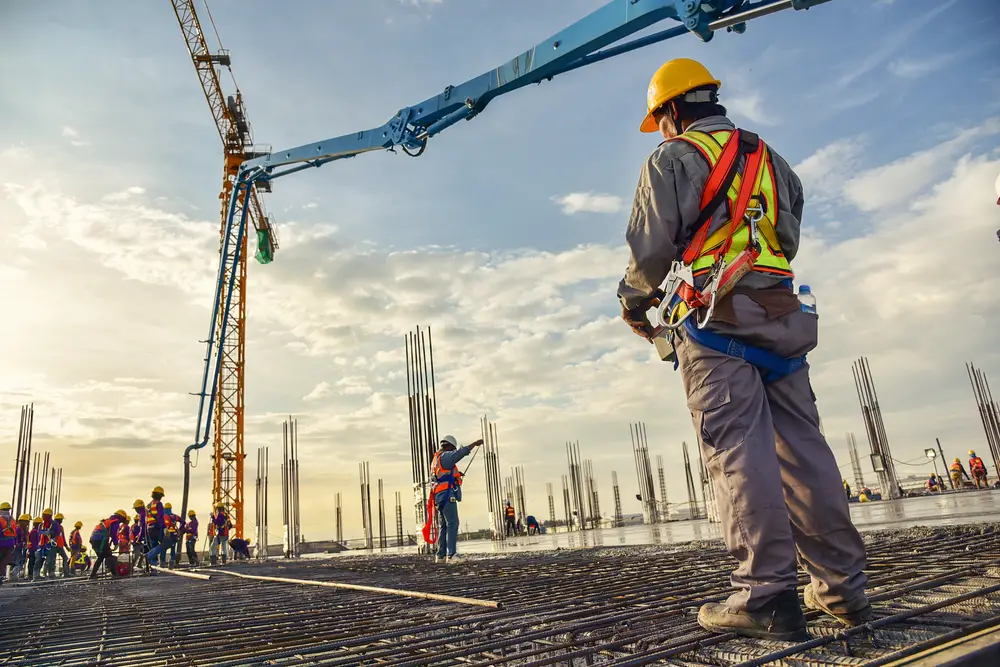A 3GWh flow battery manufacturing and Research and Development facility (R&D) is set to be constructed in the kingdom of Saudi Arabia. The center is going to be developed in Dammam 3rd Industrial City, and will be built under a Build-to-Suit lease agreement with MODON.
A joint venture (JV) between Schmid Group and Nusaned investments is behind the project. The two companies recently announced that they have finalised on their JV transaction focusing on manufacturing and technology development in the field of Vanadium Redox Flow Batteries (VRFB) after receiving all required regulatory approvals and satisfying all closing conditions.
The facility
The facility will produce energy storage systems for use alongside utility-scale renewables projects, telecom towers, mining sites, remote cities and off-grid locations. The systems will be utilized for renewables capacity grid integration, establishment of mini grids at remote locations, optimization of diesel generator capacity, and power back-up. The JV’s products will be offered under the EVERFLOW brand.
According to Fuad Mosa, CEO of Nusaned Investment, The JV marks a milestone for Saudi Arabia in its quest to localize manufacturing for technologies in emerging industries, and marks another major step in SABIC’s NUSANED™ program that seeks to build partnerships and enable local content creation.
During the next 2 to 3 months, The Riwaq Industrial Development Company will join the JV as additional investors and shareholders. The JV aims to become a global technology leader and champion in the fast-growing utility-scale energy storage segment.
Also Read: Second EV battery plant to be constructed in Georgia, US
Christian Schmid, CEO of the Schmid Group said the the new JV will aim to establish a leadership position in the rapidly developing energy storage market and both companies are fully committed to realizing the joint vision for the project.
The project will directly contribute to the Kingdom’s renewable ambitions. As per the new energy mix announced this year, Saudi Arabia will aim to install 57.5 GW of renewable capacity in the Kingdom by 2030. Utility-scale stationary energy storage systems will be critical to ensure that the new renewable capacity is stabilized and connected reliably to the grid. The Kingdom could also leverage this technology in the upcoming mega-projects in the Kingdom.
The site has already been identified and construction is expected to start in the first half of 2020. Upon completion, the facility is expected to be in production in 2021. It will have an annual production capacity of 3 GWh and will be among the biggest Flow Batteries production facilities worldwide. The JV’s strategy for developing value chain integrated production will allow it to achieve global cost leadership.

Leave a Reply